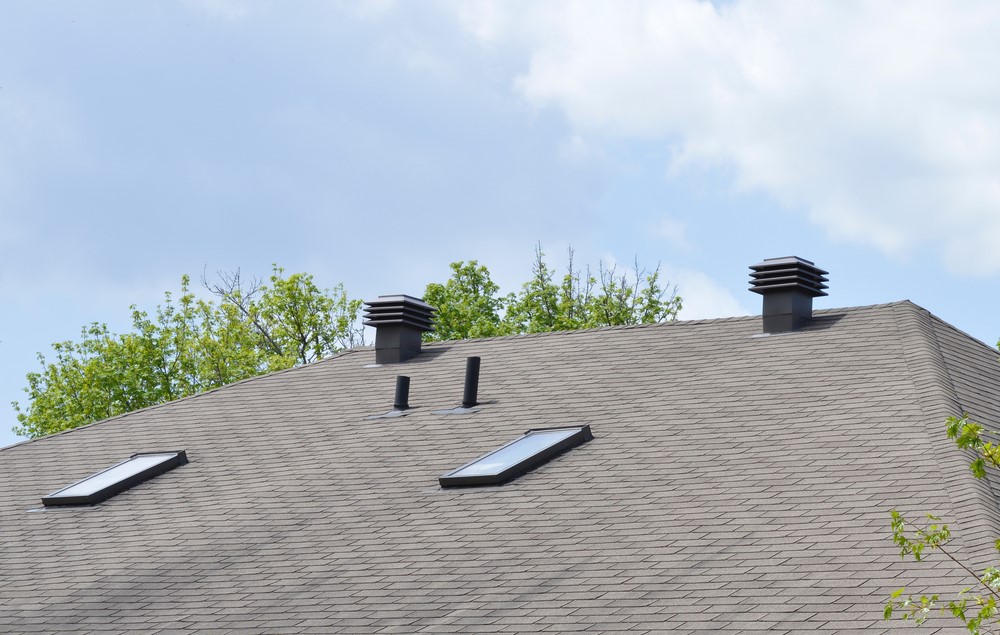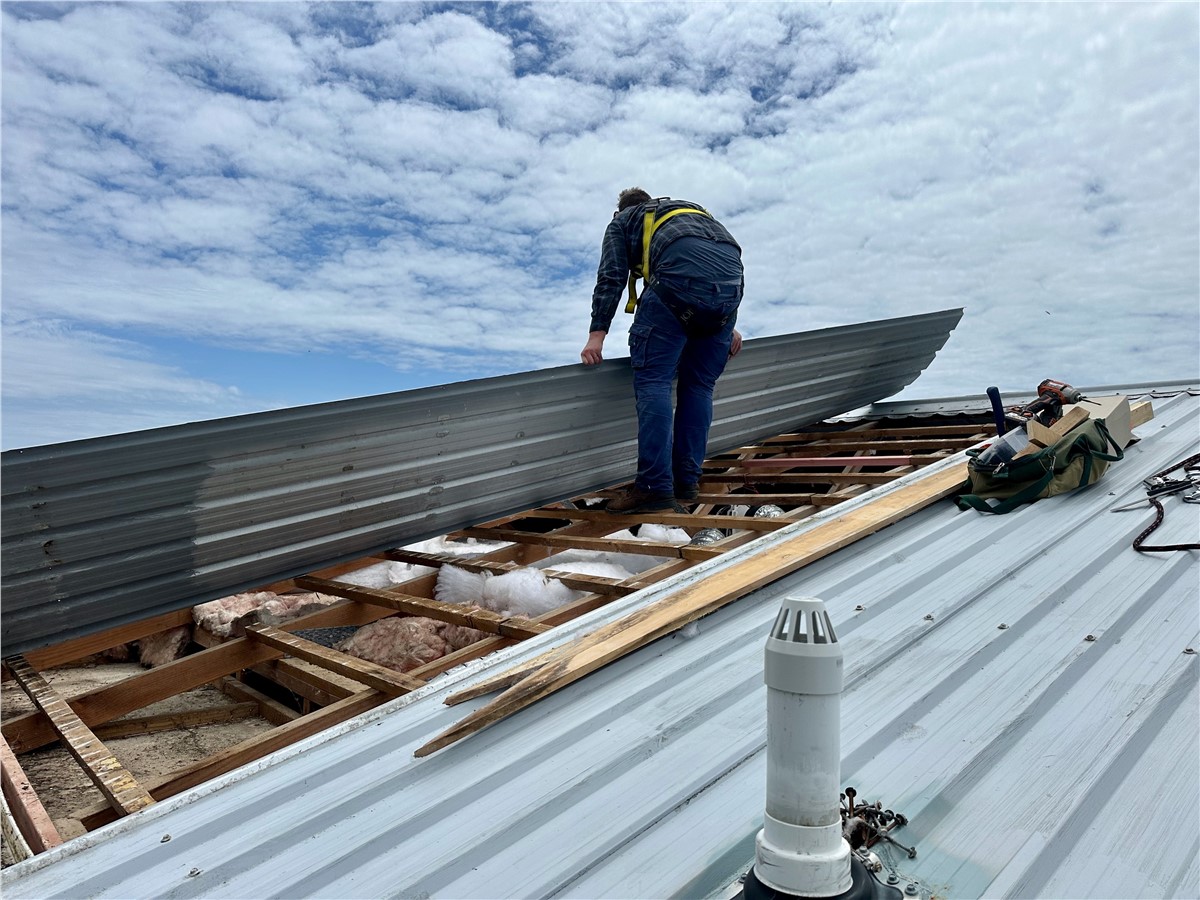As a MN home remodeling contractor specializing in eco-friendly home improvements, here at Quarve we're great fans of anything that helps us to waste less and conserve energy. We all know that any means of reducing utilities used, saves in the long run. Along with that, environmentally sound practices and sustainability ensure a greater health of the world we live in. You can make change in your own home that can make a difference.
Tips for Greener Living in Your Own HomeHere are some ideas you can incorporate in your homoe - some are easy, others are a little more involved.
- In the home, the use of green cleaning products aids this cause. Look for the EPA “Designed for the Environment” (DfE) label. Cleaners can also be homemade, using simple ingredients.
- Use a programmable thermostat to regulate the temperature to reflect your lifestyle. Lower heating temps while you're away or asleep.
- The temperature of a water heater can also be lowered.
- When replacing major appliances, compare labels for energy use. EnergyStar-rated appliances contribute huge savings.
- Replace your old washer with a high-efficiency model that uses less water.
- Keeping airflow into the house should be limited. Proper amounts of insulation in outside walls and attics help maintain indoor temperatures. Another key is the right weatherstripping for doors and windows.
- Replacement of incandescent light bulbs with the new fluorescent (CFL) bulbs can save up 75% on lighting needs.
- The use bamboo for flooring keeps sustainability levels high, as bamboo forests can replenish in four to six years, compared to decades for traditional hardwoods.
- The selection of low-flow showers and toilets can cut this water use in half.
- Strategically placed windows can give more natural light, cutting down on the need for electric lighting during the day.
- When remodeling, donate your old items such as cabinets, appliances, and building materials if they are still usable. There is a need somewhere for these items. Habitat for Humanity's Re-Stores takes donations of salvaged and vintage building materials as well as furniture. This nonprofit then re-sells these items to the general public.
- Reducing lawn space cuts down on maintenance costs and environmental issues from long running mowers, watering, and application of lawn chemicals.
- Composting leaves and some grass trimmings creates an organic fertilizer for flower and vegetable gardens.
- For weed control, corn gluten is emerging as an environmentally sound herbicide. Attention to early removal of weeds helps also.
- Sprinkler use can be lowered by adjusting sprays to hit only attended areas. Running sprinklers at night reduces the amount of evaporation, allowing the greatest amount of water to go to the roots.
- Setting lawn mower blades to a higher level reduces the regularity of mowing and aids in weed reduction.
Subscribe to Quarve Contracting's Blog






Comments